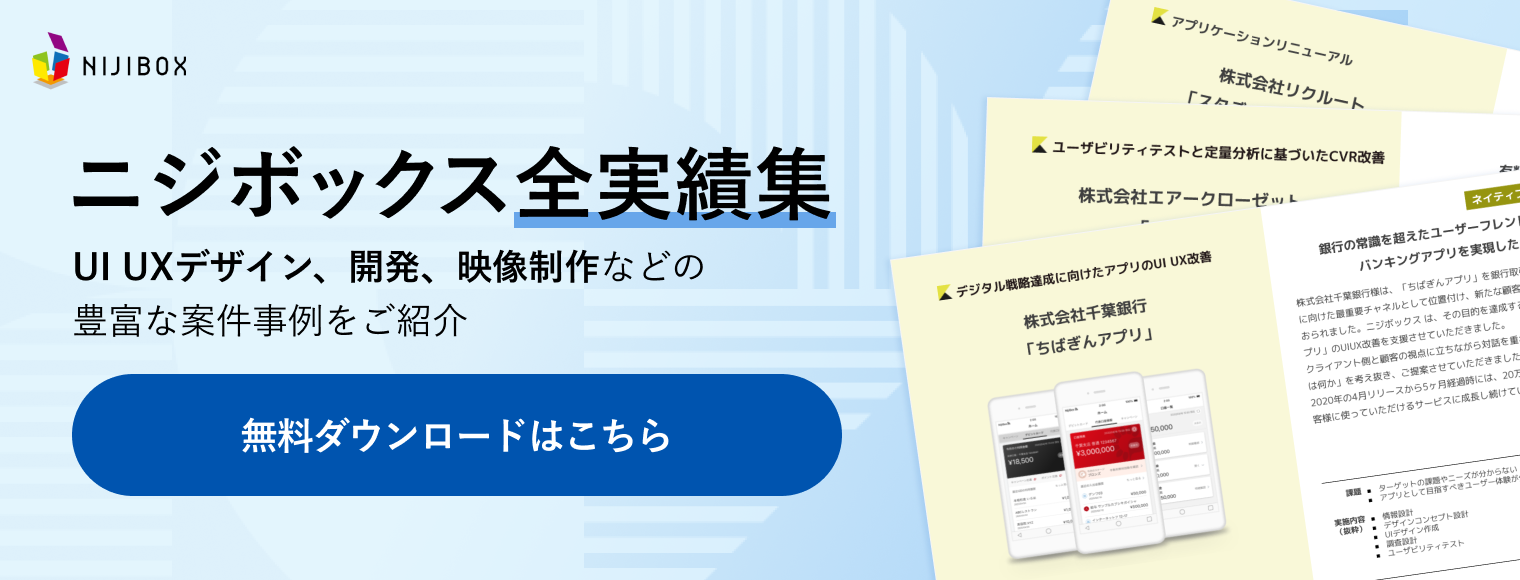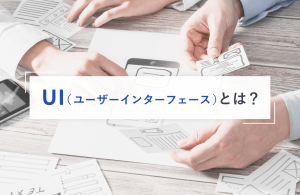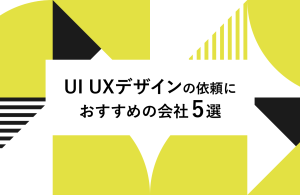【特別公開】アラン・ケイ氏が9つの質問に回答!セッション後の追加QAを公開
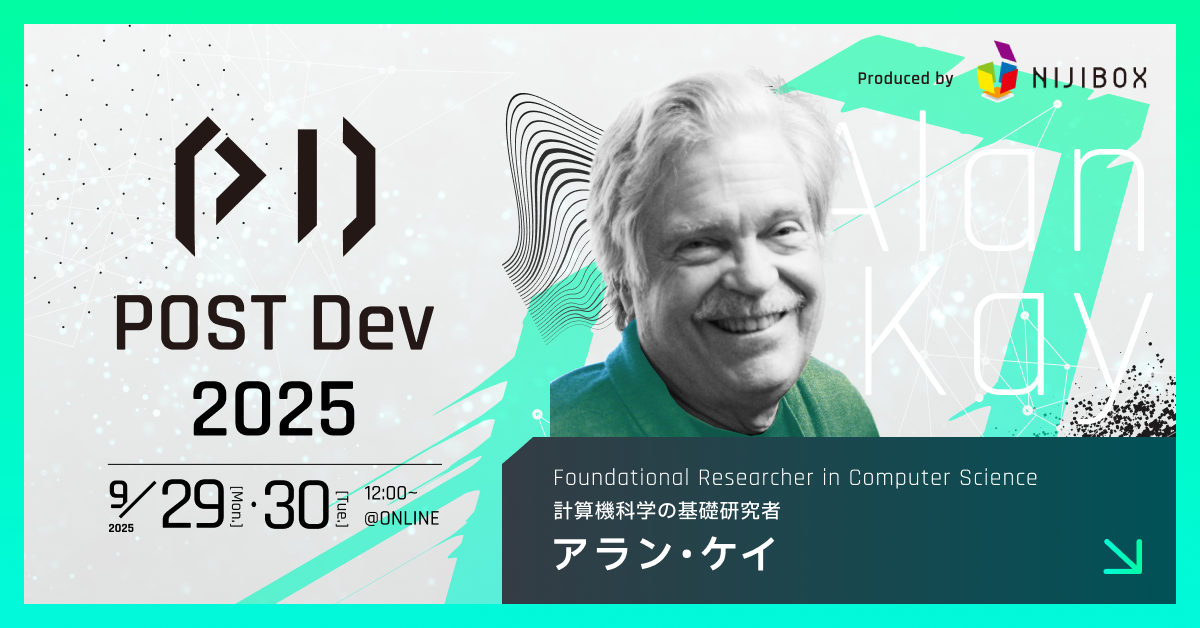
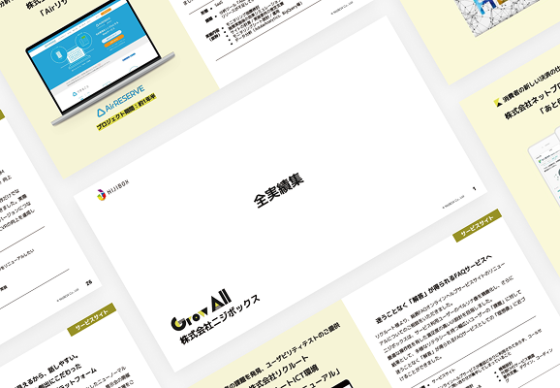
リクルートや大手企業の実績多数!
ニジボックスのUI UXノウハウや案件事例を
ご紹介!
計算機科学の基礎研究者であるアラン・ケイ氏が、株式会社ニジボックス主催の『POST Dev 2025』に登壇。「GUIと歩んだ75年 〜私の見てきたユーザーインターフェース〜75 Years Of GUIs — a personal perspective on user interfaces」というテーマで、グラフィカルユーザーインターフェース(GUI)を中心に、1950年以降のイノベーションの歴史をたどり、現在の最新動向に触れつつ、今後私たちが体験するかもしれない未来の姿についての展望を語りました。
今回の記事では、イベント当日のセッションで回答しきれなかった皆さまからのご質問に対し、後日アラン・ケイ氏から特別にいただいたご回答をご紹介します。
また、アラン・ケイ氏のセッション動画は12月末公開を目途に現在準備中です。
目次
AIをセラピー利用することの是非
Question
AIをセラピーとして使う人がいますが、私はそれは本当に良くないと思います。それはUIが悪いせいなのでしょうか?
Answer
「Duty of Care(注意義務)」という考え方があります。これは、医師やエンジニア(および彼らの行為)に対して、一般の人々よりも高い基準を求めるというものです。エンジニアリングの場合、私たちはその成果が人間そのものよりもはるかに信頼でき、安全であることを求めます。
I also think it’s a bad idea. The main reason it’s bad is that the “AI”s aren’t good enough to be trusted with human lives. There’s an idea “Duty of Care” which means we hold doctors and engineers (and what they do) to higher standards than for most human beings. In the case of engineering, we want the results to be much more reliable and safe than humans themselves are.
コンピューター革命はまだ起きていないのか?
Question
Answer
しかし実際には、商業的な利益が「スーパー・リアリティ番組」のような方向に流れ、人々の世界に対する感覚を逆に低い水準へと再正規化してしまいました。
私たちが切実に必要としているのは、コンピューター登場以前よりも優れた人間であり、劣化した人間ではありません。私たち自身の状況と条件について、「アハ!」と思えるような瞬間が必要なのです。
“A” revolution has happened, just not the one we hoped for. We were hoping that we could help people — especially voting citizens — to both have a much better understanding of their world, and to think more clearly about it. Instead, the commercial interests went for something more like “super reality TV”. and have re-normalized downwards people’s sense of their world. We desperately need humans that are better than before computers, not worse. We need an “Aha” moment about our own situation and condition.
ユーザーによるプログラミングは今も望ましいか?
Question
Answer
科学の多くは「見えないものを見えるようにする」ことです。特に、特別な思考方法がなければ、私たちの宇宙の大部分は見えない、という事実に気づくことも含まれます。私は今でも、科学を特別なやり方で教えることが、子どもたちを―単により多くの知識を持つだけでなく―より賢明に成長させる助けになると考えています。
私は、ある種のコンピューティングが、科学を見る新しい方法のための新しい数学となり得ると思います。そして、新しい種類のプログラミングが、世界を理解する新しい方法のための新しい数学となり得ると考えています。
(これは、多くの人々―そして多くのプログラマー自身―が自分のしていることをどう考えているかとは、大きくかけ離れています。)
It’s worth noticing that there seems to be no correlation between programmers and wisdom — or even most knowledge. So programming per se is not the thing to learn.
Much of Science is “making the invisible visible” including noticing that most of our universe is invisible to us without special ways of thinking. I still think that teaching Science in a very special way could help children grow up — not just more knowledgeable — but much wiser. I think a form of computing could be a new kind of mathematics for these new ways of looking at science — and that new kinds of programming could be a new kind of mathematics for the new ways to understand the world. (This is a great distance from the way most people — and most programmers — think about what they are doing.)
インターフェースの専門家がシステムの根幹に関わることについて
Question
Answer
もし「ユーザーインターフェース」という言葉が、今やほとんど意味を持たなくなっているのであれば、新しい用語を考え出す必要があるかもしれません。
I think it would be more like re-inventing and carrying further the need for user interfaces (which now are quite dumbed down, but need to be much better than the past). We might need to come up with a new term if “User Interface” now means so little.
AIにおける商業主義的な人間活動自動化への危惧
Question
Answer
“Civilization” and getting more civilized are big ideas. Making money is a tiny idea. If the latter is the main motivation, then civilization is in deep trouble (and is).
AI時代でも「Undo」「拡張性」は変わらず重要か?
Question
Answer
問いかけるべき大きな問いは、「どれだけの助けが“助け過ぎ”なのか?」そして「実際に必要とされるものは何か?」(人々にとって、システムにとって、等々)です。たとえばシステム設計者の視点からすると、システムの安定性、回復可能性、リスクなどは、そのシステムが何のために作られたかよりも、はるかに重要です。プログラマーの多くは、システムの単純な目標にばかり関心を持ち、本当に重要なことを見落としがちです。
The first thing to understand about today’s “AI”s is that they are not at all intelligent (and just trying to get there by scaling is almost certainly doomed to failure). In most things, “More is better — until it is much worse”. People have to get sophisticated about their tools.
The big questions to ask are “How much help is too much help?” and “What is actually needed” (for people, for systems, etc.) For example, from a systems designer’s perspective, the stability, and recoverability, and risk, etc., of systems are much more important than what the system was made for. Programmer’s are mostly interested in simple goals for a system, and miss what’s more important.
コンピューターやAIによるサポートの適切なバランスは?
Question
Answer
The answers here are similar to the previous question. If helping a human winds up ruining something important about them, then this is a bad idea. A very simple example, is that we don’t tie children’s shoes for the rest of their lives, but encourage them to learn to tie their own shoes. We have to do the same thing when we are helping with thinking tasks — too much, and we wind up with poorer thinking adults and a very dangerous world.
今後20年間、UIがもたらす人間中心の体験について
Question
Answer
I had better answers for this years ago. I didn’t think that UI experiences would generally be worse than in the past — but they are. So I don’t have a satisfactory answer.
入力デバイスの進化はGUIの概念をどう変えるのか?
Question
Answer
改めて強調すべき主要な概念は「実際に必要とされているものは何か?」です。私は、それは単に「コントロール」だけではなく、常に「学習を伴う」ものであり、「ユーザー自身を形成する」ものでもあると考えています。初期の優れたUIのいくつかにはこれらの要素が含まれていましたが、今日の多くのUIにはそうしたものが欠けています。
音楽や楽器は良いアナロジーであり、UIを持つ芸術的な道具の実例でもあります。誰もが「バイオリン」を学びたいと思うわけではありませんが、バイオリンのUIを改善しようとすると、人間がそこから生み出せる音楽性の一部を失ってしまう可能性が高いのです。
一方で『Guitar Hero』(アメリカの会社が発売した有名なリズムゲームで本物のギターに似た専用コントローラーを用いてプレイする)のようなものは、音楽的な内容がほとんどなく、人間や音楽にとっては間違った方向に過剰に作用してしまっています。
興味深い考察対象として、ルネサンスから19世紀にかけての大規模な芸術作品があります。そこでは「巨匠」と弟子たちが存在し、巨匠が全体を設計し主要部分を担う一方で、絵画の多く(あるいは彫刻の場合は形作りの多く)は弟子を含むグループ全体で行われていました。私たちはその成果を(正しくも)「偉大な芸術」と見なしますが、それは単一の芸術家だけによるものではありません。
このように、「AI」を弟子のように用いる余地はあるかもしれません。しかし、それは「より良く、より理解可能で、教えることのできるツール」でなければ望ましいことではありません。
This is a good question. I’ve always thought of “GUIs” as just “UIs”, so “graphics” is not the main issue.
Again, the primary concept that needs to be identified is “What is actually needed?” — I think it will never be just “control” but will always also “involve learning” and “user shaping”. Some of the early good UIs had some of these elements, but many today don’t.
Music and musical instruments are good analogies, and also real examples of artistic tools with UIs. Not everyone will want to learn e.g. “violin” but it is hard to improve the UI of a violin without taking away some of the musicality that humans can produce through it.
However, something like “Guitar Hero” has almost no musical content, and — musically — it is doing much too much of the wrong thing for humans and music.
An interesting thing to ponder is large scale art works from the Renaissance up through the 19th century. There was a “master” and apprentices. The master did the main parts and designed the whole, but a lot of the painting (or shaping in the case of sculpture) was done by the entire group. We (rightly) think of the results as “Great Art” but not by a single artist. So there is a slippery area where you might be able to use an “AI” like an apprentice — this would not be a good thing without much better more understandable and teachable tools.
ご質問を多数お寄せいただき、ありがとうございました!
質問に真摯にご回答くださったアラン・ケイ氏に、この場を借りて心より感謝申し上げます。
アラン・ケイ氏からいただいた回答や貴重なメッセージを参考に、今後の技術開発とデザインに生かしていきましょう。
今回のセッションで、アラン・ケイ氏が「技術は人間の成長に貢献すべき」という本質的な問いを投げかけたように、UI UXデザインは、単なる見た目ではなく「使いやすさ」と「体験価値」が重要だということが学びとなりました。
下記にて、ニジボックスがクライアント課題に伴走する中で、磨き上げてきたUI UXデザインのプロセスや支援事例の一端を資料として一部ご紹介しています。
ご興味を持たれた方はぜひ、下記ダウンロードリンクよりご参照ください。
監修者
古川 陽介
複合機メーカー、ゲーム会社を経て、2016年に株式会社リクルートテクノロジーズ(現リクルート)入社。 現在はAPソリューショングループのマネジャーとしてアプリ基盤の改善や運用、各種開発支援ツールの開発、またテックリードとしてエンジニアチームの支援や育成までを担う。 2019年より株式会社ニジボックスを兼務し、室長としてエンジニア育成基盤の設計、技術指南も遂行。 Node.js 日本ユーザーグループの代表を務め、Node学園祭などを主宰。


